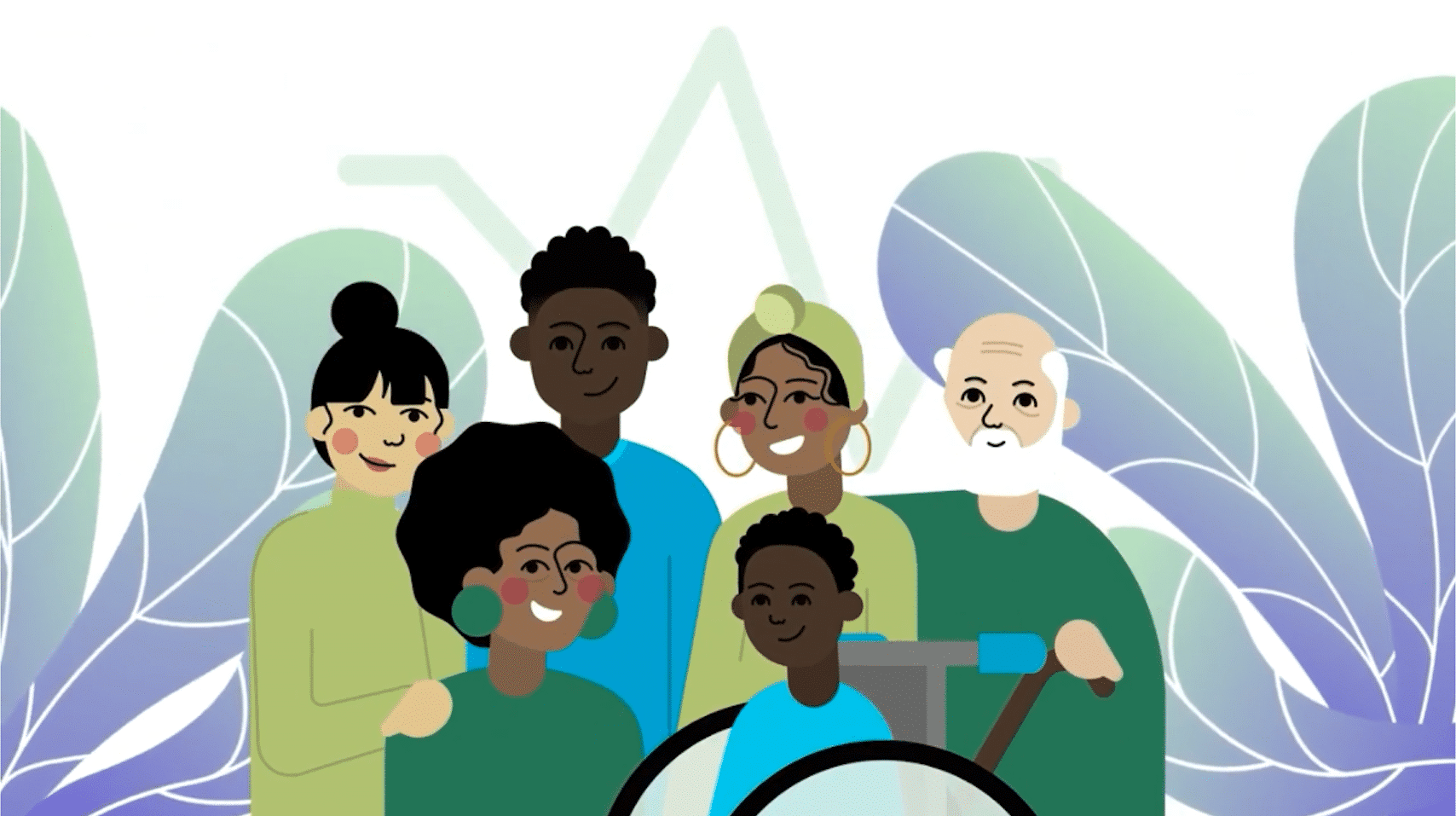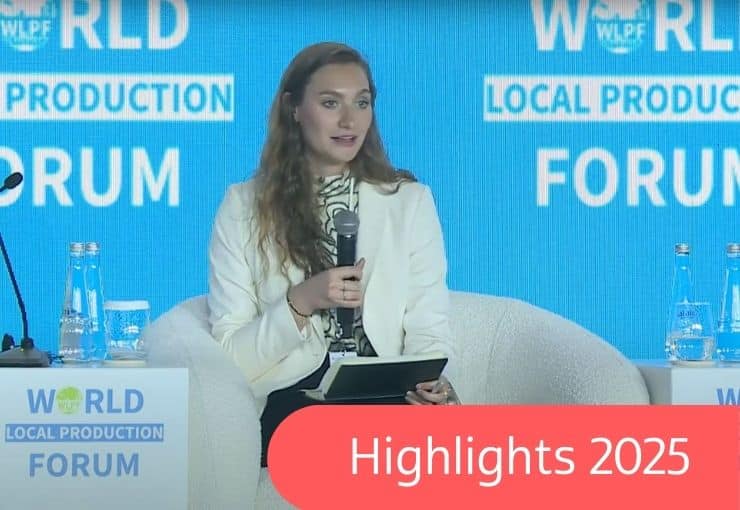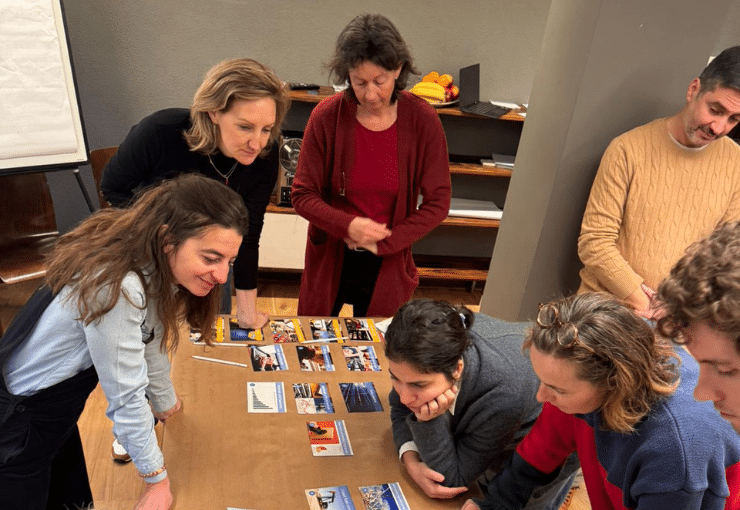Our explainer video ‘Sustainable finance for health systems’ has received a special mention at the Humanitarian Communication Awards 2023 by the Expertise Centre Humanitarian Communication. On its website, the jury writes: “Wemos’ video is an animated explainer video, demonstrating their continued successful use of this genre after their Highflyer nomination last year.” Last year our video ‘Make pooling work for Covid-19 vaccines’ was nominated for the Highflyer Award.
Solution-focused approach
We are convinced that the most effective way to ignite change, is by using positive, solution-oriented messages. By painting a clear and appealing picture of what our ideal world looks like and linking to people’s values, it becomes easier to take people along in your reasoning. Moreover, people are more likely to listen to hopeful messages that provide a sense of possibility rather than just highlight the problems.
That is why, in our videos, we take shared valued and needs as a starting point, address current issues that lead to injustices, and then show solutions to overcome these injustices and actually fulfill people’s needs, no matter who they are or where they live. To make health justice happen, we need to show that this is possible.
See also our commentary in the International Journal of Health Policy and Management on the importance of using the right words in advocacy.
About the video
Our video about sustainable finance for health systems, starts with a universal human need: to receive the right care when we get sick. This means, for example, having access to well-trained health professionals who have the proper equipment to care for us, and being able to get the medicines we need without encountering financial hardship.
We explain that strong health systems are essential to living a healthy life. They are also key for realizing our sexual and reproductive health and rights, such as, having access to comprehensive sexuality education, contraception and services around childbirth.
In the video we show data from Ethiopia, Kenya, Rwanda, Uganda and Zambia, amongst others, about the number of women who receive professional assistance during delivery, the number of healthcare workers, and healthcare budgets. This shows the urgent need to create a sustainable way of public financing and strengthening health systems worldwide. The video then indicates what governments, global actors and civil society can do to ensure everybody can live as healthy as possible.





